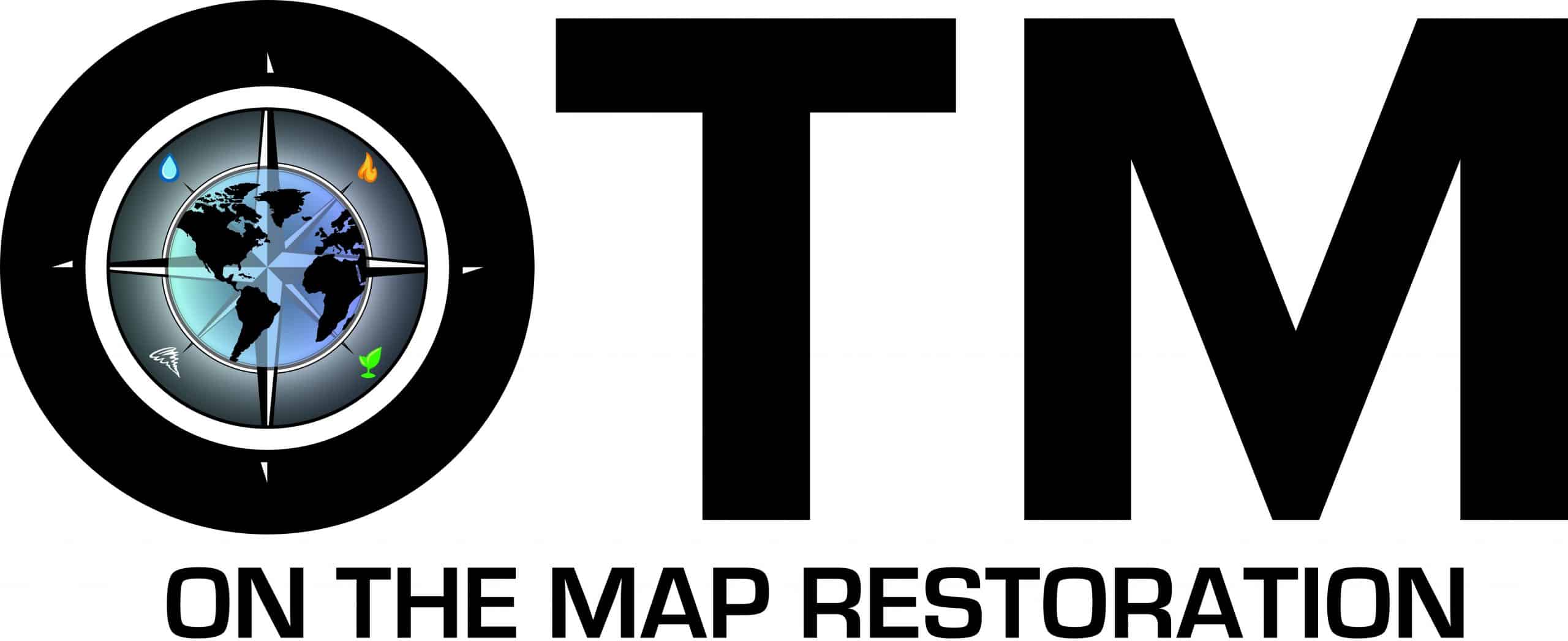
STORM DAMAGE RESTORATION – FAQ
Have you experienced storm damage? Don’t navigate this challenging time alone! Learn how to effectively manage your situation, understand the restoration process, and make informed decisions. Stay prepared and in control – Read our FAQs now!
What is considered storm damage?
Florida is known for its tropical weather and intense storms. Knowing whether your insurance covers damage when a hurricane hits can be challenging. The best way to tell if an event is considered storm damage is to check with your agent or company representative.
The Florida Department of Revenue considers damage from a storm as a result of A State of Emergency Declaration issued by the Governor or a hurricane, tornado, tropical storm, or flooding event declared by the National Weather Service (NOAA).
Who is responsible for storm damage repairs – the insurance company or me?
When a storm damages a home, the insurance company will make payment for the repair. An offer of settlement will be written and sent to you so that you can review the amount for the repairs. If you accept the offer, then work can begin immediately. If not, you and the company can negotiate a mutually acceptable amount. If you have questions about what’s covered by your policy or how to submit a claim, we’re here to help!
Is there a time limit for reporting storm damage?
Under Florida Statute 627.70132, a property damage claim can file up to 2 years after the date of the original loss. You can file a supplemental claim up to 3 years after the date of the loss.
What do I need to do after reporting damage from a hail storm?
You will need to complete the claims process with your insurance company. Once your claim is accepted, you’ll receive a check from your insurance company for the amount of coverage provided for property damage by a hail storm.
How do I know if my roof needs to be repaired or replaced after a storm?
If you suspect roof damage from a storm, you’ll want to get it inspected as soon as possible. Roof damage can be extensive and include broken shingles, missing components, and impact points from heavy objects like tree limbs and fallen debris. If any of the above conditions exist, your roof needs to be repaired or replaced.
Will homeowners insurance cover broken windows from a storm?
Yes, homeowners insurance can cover broken windows caused by a storm. However, there must be an actual storm for your policy to protect it. Your insurer might not cover it if they believe the damage is due to another event like vandalism or poor construction.
Does my insurance cover tree removal in the event of a storm?
The answer to the question posed is contingent on a myriad of factors. There are always fine print details in an insurance policy, like coverage for tree removal after a storm. In general, if you have the right type of coverage and your home has no newly planted trees on it, your insurance coverage will generally cover the cost of tree removal in the event of a storm.
What should I do to prevent storm damage?
Taking steps before any forecasted storm enters your area is essential. It includes ensuring your roof is in good condition, and the roofing materials are correctly installed. If you live in an area prone to heavy winds, consider installing hurricane straps on your roof trusses or fascia boards. You should also check all gutters and downspouts are secure and debris-free.
Should I wait until the insurance company sends an inspector before repairing my property?
It’s advisable to wait for an insurance inspector before making significant repairs to your property, to ensure proper assessment for coverage. However, immediately address any safety issues or steps to prevent further damage, and document all damage thoroughly. Keep records of any emergency repairs for reimbursement and follow your insurance company’s guidelines. For non-emergency repairs, wait until after the adjuster’s assessment. Always communicate with your insurance provider for specific guidance.
Is flood damage the same as storm damage?
Flood damage is different from storm damage. Flooding originates from weather events, such as heavy rain or hurricane-force winds, which cause water to overflow and enter homes or business properties. Storm damage is due to violent weather events such as thunderstorms or severe winter storms. In some cases, storm damage can occur in addition to flooding damage.




